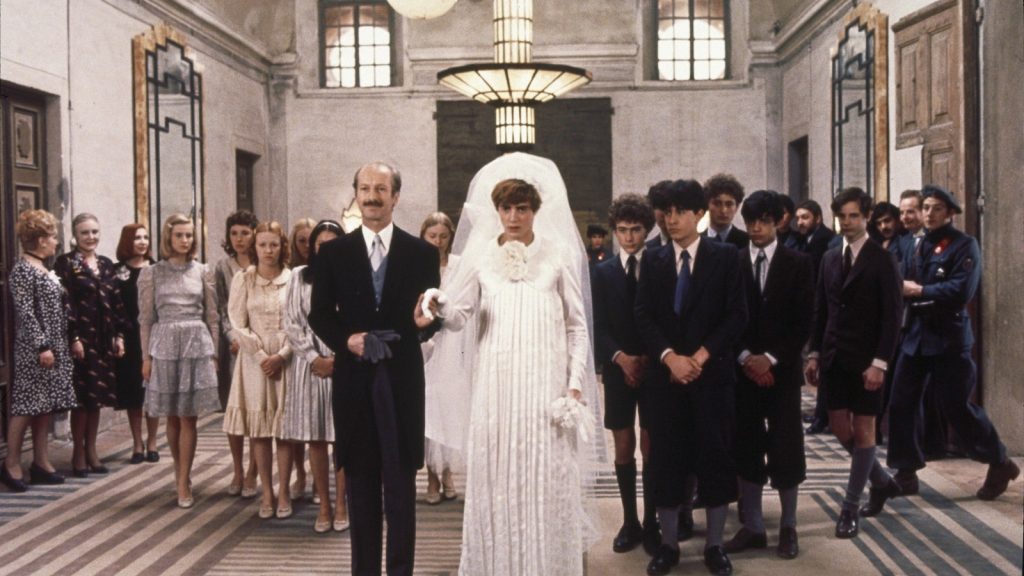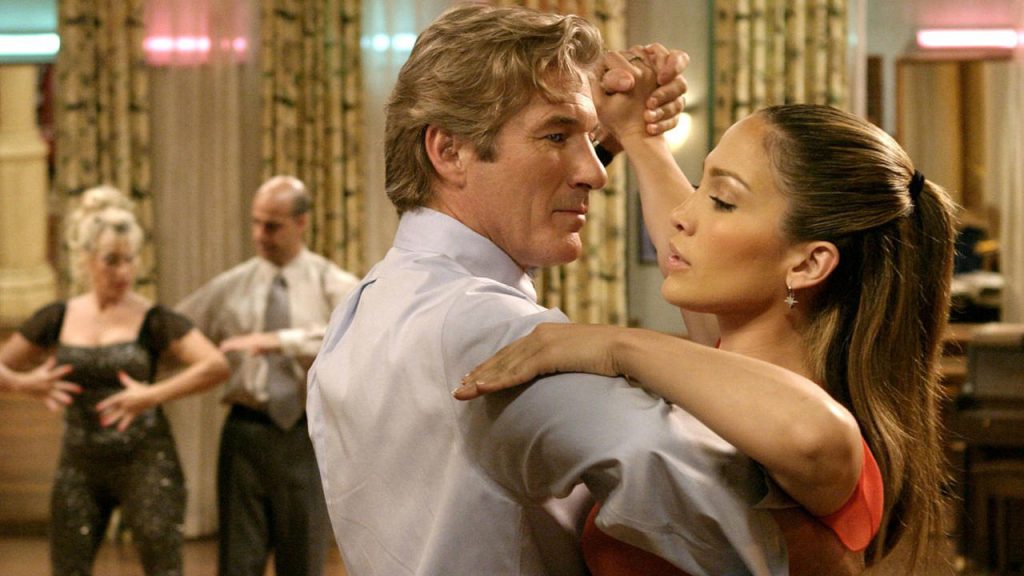A coming-of-age film without a slut is like an ice-cream without sprinkles: there’s just something missing. She’s the ‘easy’ girl who’s the butt of the joke – invited to parties because she makes her stay as welcoming as possible. Take Emily in Palo Alto (2014), the teenaged girl who hides her fears of abandonment by hooking up with boys who don’t care about her. However, if you look a little deeper, you can sometimes find another girl, the one who pretends to be easy — the slut-who-never-was. And, it seems, she does this for very specific reasons.
A paradigm of the “slut-that-never-was” comes in the form of the good-natured Olive (Emma Stone) in Easy A (2010). She is, in all regards, a typical school girl – we first meet her as she sings in the shower and dances on her bed to a birthday card that plays “Pocketful of Sunshine.” This is a nice girl. She’d never do anything to damage that, would she?

It’s her good intentions that get her into trouble; when she lies to protect her gay friend’s closeted status by saying that they slept together at a house party, her objectives are Midas-gold. Requests start to pour in from every clique imaginable, and soon her party favor of pretending to sleep with boys who need a popularity boost turns to a tainted and misleading high school reputation: she has been pushed into the role of the “slut.” Instantly, she is treated differently, despite doing nothing at all.
When Olive’s once perfect reputation is devastated, she’s surprised – this wasn’t her aim, but a nasty side effect to a disease that continues to spread. After some particularly nasty rumors hit the school hallways, she tries to reject her new status by asking the boys to admit what really occurred; when they refuse, she makes the conscious choice to reclaim the title of “slut.” She alludes to Nathaniel Hawthorne’s novel The Scarlet Letter by stitching an “A” into her clothing, which, in the book, marked a woman out for adultery. It is a symbol of reclamation of a slur used against her, and so the lens of Easy A stands on her side.
Another example comes in American Beauty (1999) and its character Angela (Mena Suvari). She imitates sexual prowess to distract from her own innate vulnerability, and one-ups the experiences of her best friend Jane to hide her insecurities. She discusses her sexual misadventures in graphic and voyeuristic detail, and uses Jane’s father Lester’s sexual desire for her to keep Jane under her thumb. By the end of the film, when she almost succumbs to Lester’s newfound individuality and lease on life, she confesses her virginal status; instead of sleeping together, they discuss the frustrations and limitations of their suburban lives.

The difference between the characters of Olive and Angela is intention. Olive’s new reputation makes her feel humiliated, while Angela actively seeks it out – to her, it’s an emblem of emotional maturity and a sign of being desired. This is a reflection of the pressure on teenage girls to be sexually mature for the sake of others, rather than based on their own wishes. Ultimately, the slut-that-never-was helps us view high school age girls in movies as three-dimensional characters, without their sexual status defining them.
Many girls associate sex with popularity, because it’s what they’ve been told they’re useful for. But the slut-that-never-was turns this idea on its head. By the end of these films we’re not criticizing these girls for their reputations, but rather blaming those who’ve put this pressure, and that scarlet label, onto them. These girls aren’t the victims, but are instead the figureheads of reclaimed sexuality – they have total control and autonomy over their identity.
While the likes of Kim Cattrall’s Leslie in Porky’s (1981) and Elisa Donovan’s Amber in Clueless (1995) are the classic “easy” girls – the ones viewed as sexual products rather than as women – Olive and Angela are different. They symbolize the pressure to have sex, and the negative reputation you risk when you do. Neither Olive nor Angela actually have sex with any other character, but that’s not the point: they make the decision to take back control by telling the truth. They reclaim their identity by understanding that when it comes to their sexuality, they should be the ones in control. After all, by the end of Easy A, Olive says that while she may lose her virginity to her new boyfriend, it really is the business of no one but them.



